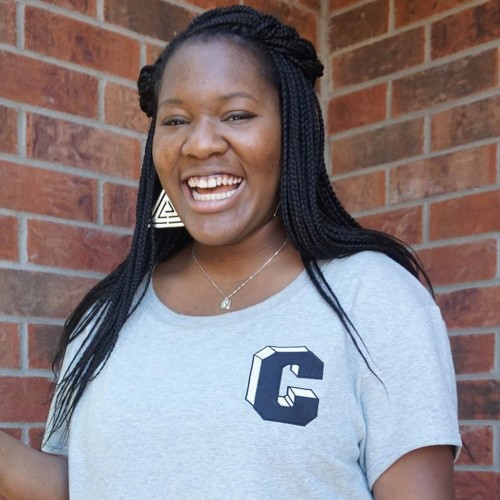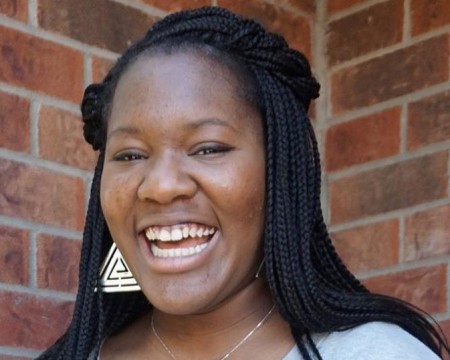
by Kika Otiono, Youth Editor
On September 2, 2015, the picture of a boy who drowned in the Mediterranean Sea appeared on 20 million screens around the world—in just 12 hours. Three-year old Alan Kurdi, his brother Galib, and his mother Rehana all drowned in hopes of reaching safety. Following a barrage of attacks and widespread violence by terrorist groups in Kobani, Syria, Kurdi’s family fled towards Europe. The tragic demise of the young boy galvanized public debate on the Syrian refugee crisis, and caused many people to question their preconceived beliefs about the thousands of refugees fleeing disaster zones in Asia, Africa, and the Middle East.
The refugee crisis in recent years has brought out the best and the worst in people. Some have opened their hearts and homes to refugees, whilst others have averted their eyes and turned away. Inexorably, the movement of thousands of migrants across Europe is one of the greatest crises of our time. The plight of the migrants in Europe has been plastered all over newspapers, TV broadcasts, magazines, and online media. However, it is easy to forget the individuals who make up these migrants. It is easy to forget that they too are human; capable of love, of sympathy, of fear, of excitement, and of hope. We should not reduce them to numbers and desperate images—even though it is easy to view their plight as simply a crisis involving thousands of people living miles away from us.
The Canadian government has pledged to accept 25,000 of the Syrian refugees, and on Tuesday, December 13, 2015 alone, Canada welcomed up to 214 refugees. I join in welcoming them with open arms. Following the arrival of refugees on Canadian soil, a flurry of welcome messages flooded social media platforms. On average, Canada grants asylum to more than 10,000 persecuted persons and 12,000 refugees each year.
Nonetheless, even in a country known for its humanitarian spirit, in recent months the frequency of Islamophobic attacks has risen. These attacks grew in the wake of the terrorist tragedy in Paris on November 13, 2015. On November 16, a Muslim mother was savagely beaten and robbed by two men in north Toronto, on her way to pick up her children from school. She was called a “terrorist” and was told to “go back to her country”. Just two days later, two Muslim women were verbally assaulted on a Toronto subway train, and the GO train was defaced with Islamophobic graffiti. These attacks on Muslim women occurred just a week after arsonists set fire to a mosque in Peterborough, Ontario. Many have called these assaults on Muslims—particularly targeted at Muslim women—hate crimes, and argue that they do not represent the majority of Canadians. While this may be true, they represent an attachment of the word “terrorists” to Canadian Muslims. Moreover, these attacks are a manifestation of palpable fear that though justified, is no reason for the horrific acts. Even more apparent in the United States, this dread of Muslims has spread to the refugees arriving from Syria.
Take another look at that innocent refugee-child: Her eyes are budding with hope, enchantment, and most importantly—the human spirit. In her hands, she tightly clutches her teddy bear, the last thing she still has from her home. There seems to be millions of people around her, of different shapes and sizes—speaking in such fast tongues that she can barely even distinguish the sounds they are making. Most of them are adults dragging their suitcases behind them with lightning speed, as they shuffle with urgency towards terminals and aircraft gates. Her parents assure her about their strange, new country and new home. And she wonders what awaits her in this “new home”!
I hope that the young boys and girls arriving with their families over the next few months feel welcomed and loved in Canada. I hope that they see compassion in our faces—not hatred or xenophobia. I hope that they quickly learn how much fun it is to skate in the winter, what poutine tastes like, and how addictive Canadian maple syrup is. I hope too, that they find solace in the company of thousands of other refugees in Canada. Our country’s diverse heritage and history is a result of the contributions of citizens, immigrants, and refugees. Ultimately, we cannot combat great crises and traumatic events in our world with more hatred, fear, and anger. Compassion and generosity are essential to the human spirit, and we must not forget that in this dire time of need for so many people. We must not forget that there are also crises in Burundi, South Sudan, and other areas in deep conflict. We must not forget their own lives, their own calls for urgent assistance and prayers.
But most importantly, the human spirit must not be broken. We must not forget that amidst abject poverty, suffering, and misery—hope and peace remain. As the great Nelson Mandela declared, “No one is born hating another person because of the colour of his skin, or his background or his religion. People learn to hate, and if they can learn to hate, they can be taught to love; for love comes more naturally to the human heart than the opposite.” We all belong to the same global community and the same blood flows in our veins. Support the refugees!
#WelcomeRefugees


Bravo Kika! The world would be a better place if we can love one another, accommodate each other in respective of our color, race, ethnicity, gender…our color or religion shouldn’t dictate our future. Love supersede all things.
Very encourage words, Kika. The battle against Islamophobia begins within our communities – the small circles of friends, classrooms, families et al. Also, influencers have to take a more conscious approach in rebuking this distasteful behaviour against fellow humans in need. Hopefully, we can see more active engagement regarding socio-cultural acceptance within our communities.